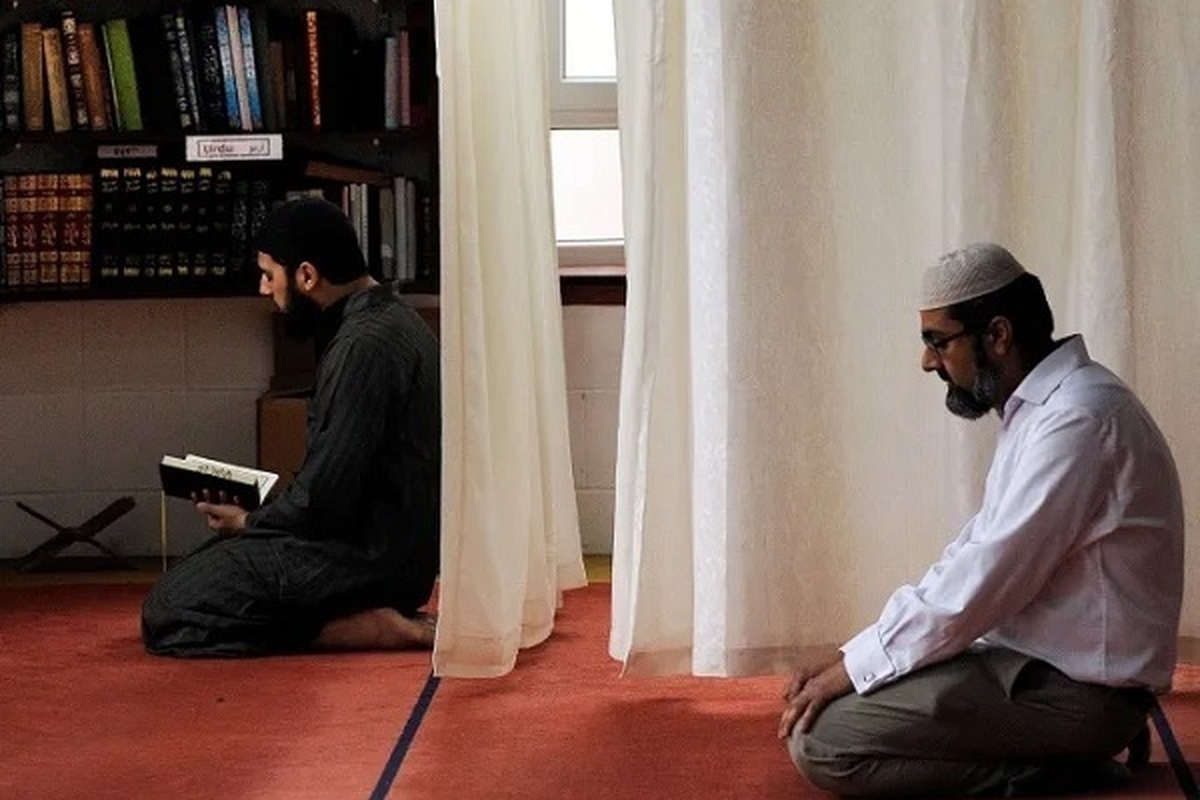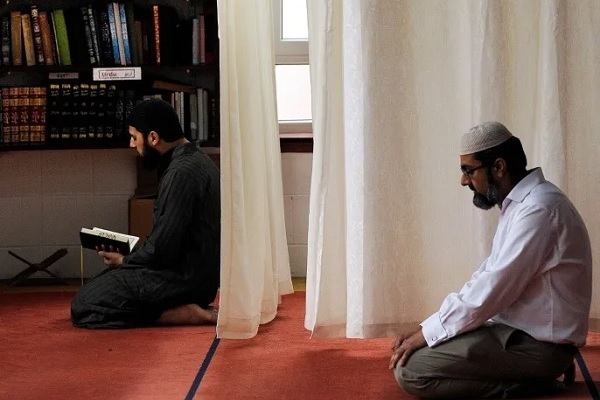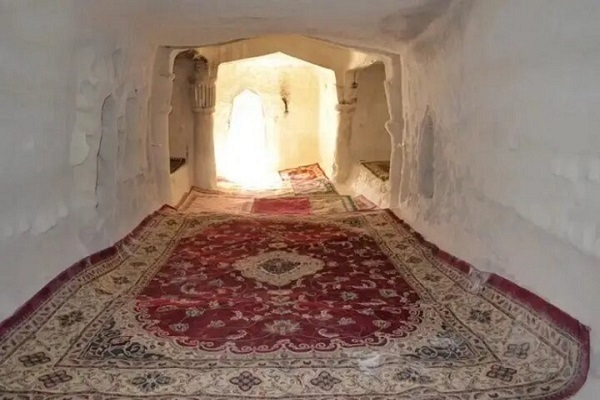Arab Author Criticizes Spread of Underground Mosques in Muslim Countries


“In recent decades, we have encountered a phenomenon known as underground mosques in Islamic countries. Despite their seemingly pious appearance, there are criticisms regarding this issue,” Ali Abdulraouf wrote in an article published by Al Jazeera.
Following are excerpts from this article:
In the 1980s, a phenomenon emerged in Cairo, the capital of Egypt, which, although it appeared to be positive, required questioning and examination at its core. This phenomenon, which can be described as “underground mosques”, was observed in many residential buildings in Cairo and later spread to other Arab cities.
Urban and security authorities, in collaboration with Egypt’s Ministry of Awqaf, allowed the owners of these residential buildings to convert part of the building’s basement into a place for prayer, which they referred to as a zawiya, prayer room, or mosque.
Many property owners took advantage of this golden opportunity, not necessarily to accommodate those wishing to perform their prayers, but because this decision included generous tax exemptions for those who dedicated their basements for the sacred duty of prayer.
Thus, the experience of praying involved going to a basement, to an empty, damp, and dark place with a wooden door labeled ‘Mosque of Light’!
Gradually, our disregard for the value of a place for prayer in a human, spiritual, architectural, and civil context increased, to the point where this neglect spread not only to private buildings but also to public ones. For example, we now see that many office buildings convert one of their small rooms, usually next to the restroom, into a prayer room.

Also, in large and luxurious complexes, unattractive and dark basements or rooms next to the restrooms are designated for prayer, forcing us to walk through long, cold corridors to reach the prayer room. It’s as if we are ashamed of praying or doing something inappropriate!
These complexes, which include large shopping centers, international chain supermarkets, ice skating rinks, restaurants and cafes, indoor gardens, and other recreational facilities, have marginalized prayer and placed very little value on it.
Read More:
Some might argue that the owners of shopping centers are businesspeople who are solely focused on making a profit, meaning every square meter of the complex must generate income for them. This is a valid business logic, but we need to consider this issue not only from the perspective of financial gain, which forces people to sacrifice their values and principles, but also from human, social, and spiritual perspectives in all their dimensions.
It seems that at a time Islam has been facing many challenges, including the attempts to damage its image and diminish value of those who adhere to it, the time has come for a revolution in the spaces designated for prayer in residential, governmental, and office buildings, as well as in commercial complexes. It is time for the prayer space to be central, beautiful, and captivating, conveying highly positive messages about Islam and Muslims to others. It should be a space that attracts people to prayer and invites them to benefit from its facilities.
The space designated for prayer should not be one where people perform their religious duties out of necessity and quickly return to shopping centers and recreational places. We must work together to locate prayer rooms in places other than basements, dark rooms, and marginal areas, and instead in locations worthy of prayer, which is considered the “pillar of religion”.
If prayer truly is the pillar of religion, shouldn’t the place where it is performed be deserving of it, a source of joy and happiness, and a place where people are encouraged towards Islamic values? Shouldn’t the prayer room be a place of friendship and spiritual and physical peace, rather than a cold and damp basement?
4264234



